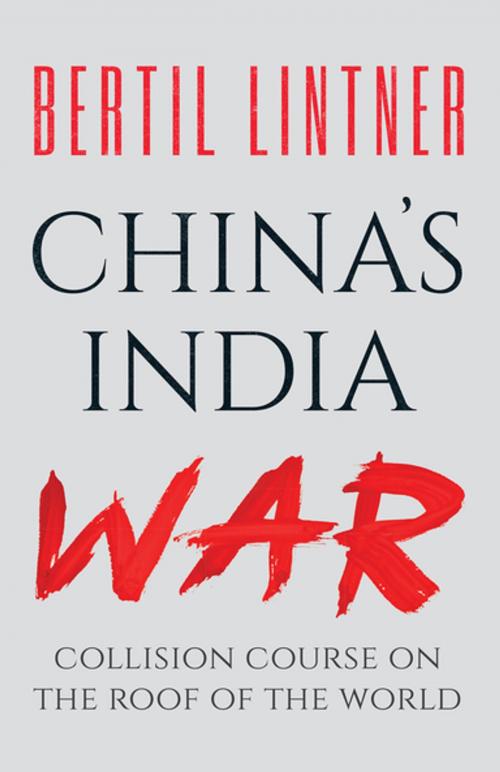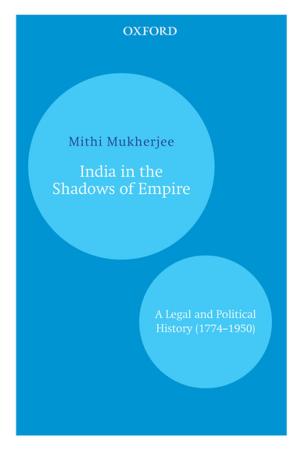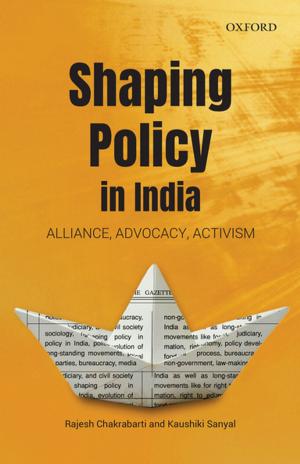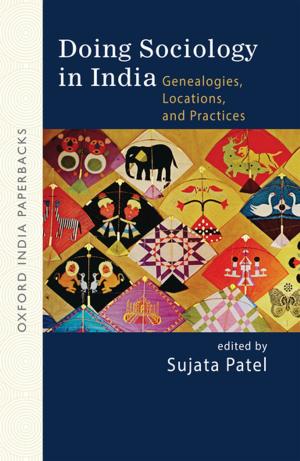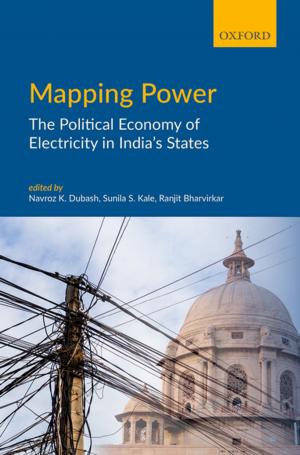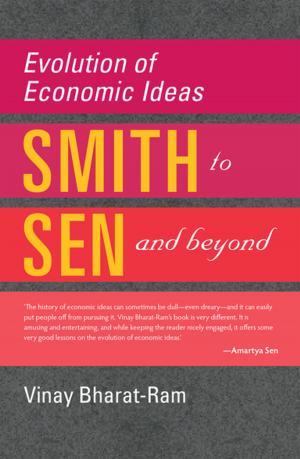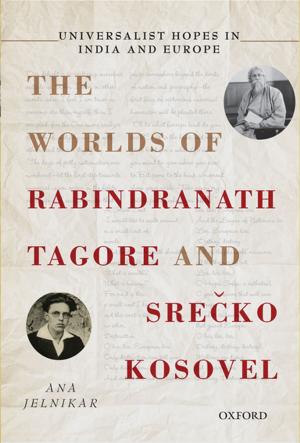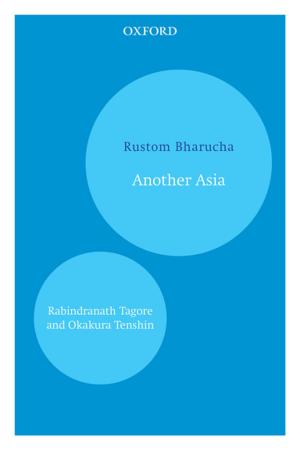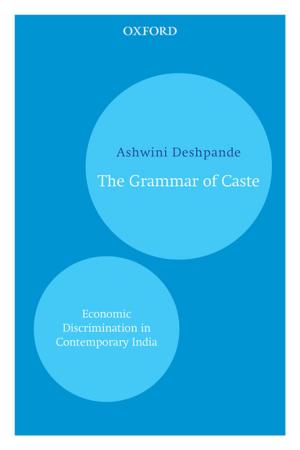China’s India War
Collision Course on the Roof of the World
Nonfiction, History, Asian, Asia, Social & Cultural Studies, Political Science| Author: | Bertil Lintner | ISBN: | 9780199091638 |
| Publisher: | OUP India | Publication: | January 25, 2018 |
| Imprint: | OUP India | Language: | English |
| Author: | Bertil Lintner |
| ISBN: | 9780199091638 |
| Publisher: | OUP India |
| Publication: | January 25, 2018 |
| Imprint: | OUP India |
| Language: | English |
The Sino-Indian War of 1962 delivered a crushing defeat to India: not only did the country suffer a loss of lives and a heavy blow to its pride, the world began to see India as the provocateur of the war, with China ‘merely defending’ its territory. This perception that China was largely the innocent victim of Nehru’s hostile policies was put forth by journalist Neville Maxwell in his book India’s China War, which found readers in many opinion makers, including Henry Kissinger and Richard Nixon. For far too long, Maxwell’s narrative, which sees India as the aggressor and China as the victim, has held court. Nearly 50 years after Maxwell’s book, Bertil Lintner’s China’s India War puts the ‘border dispute’ into its rightful perspective. Lintner argues that China began planning the war as early as 1959 and proposes that it was merely a small move in the larger strategic game that China was playing to become a world player—one that it continues to play even today.
The Sino-Indian War of 1962 delivered a crushing defeat to India: not only did the country suffer a loss of lives and a heavy blow to its pride, the world began to see India as the provocateur of the war, with China ‘merely defending’ its territory. This perception that China was largely the innocent victim of Nehru’s hostile policies was put forth by journalist Neville Maxwell in his book India’s China War, which found readers in many opinion makers, including Henry Kissinger and Richard Nixon. For far too long, Maxwell’s narrative, which sees India as the aggressor and China as the victim, has held court. Nearly 50 years after Maxwell’s book, Bertil Lintner’s China’s India War puts the ‘border dispute’ into its rightful perspective. Lintner argues that China began planning the war as early as 1959 and proposes that it was merely a small move in the larger strategic game that China was playing to become a world player—one that it continues to play even today.
